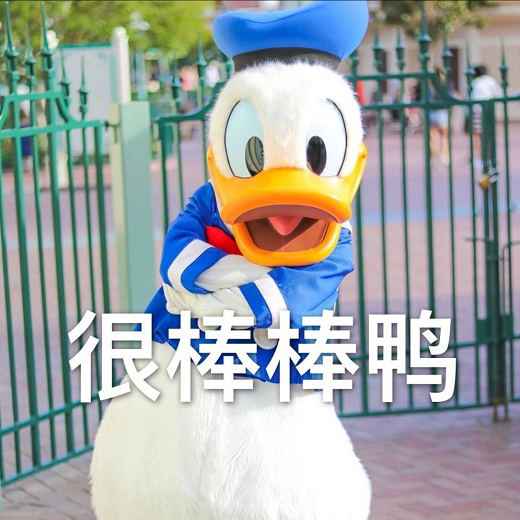为了消除图像的噪声,在制作的输入data和label的时候,在data中模拟图片或视频中常见的噪声 这样神经网络就可以更好的学习和更新参数,但是有些参数还需要根据具体场景,不断调整
代码如下:
import cv2
import numpy as np
def noisy(noise_typ, image):
if noise_typ == "gauss":
# mean: 均值
# var: 方差
row, col, ch = image.shape
mean = 0
var = 0.01
sigma = var ** 0.5
noise = np.random.normal(mean, sigma, image.shape)
out = image + noise
if out.min() < 0:
low_clip = 0.
else:
low_clip = out.min()
out = np.clip(out, low_clip, 1.0)
out = np.uint8(out * 255)
cv2.imwrite('gauss.jpg', out)
return out
elif noise_typ == "SaltPepper":
# row, col, ch = image.shape
s_vs_p = 0.5
amount = 0.004
out = np.copy(image)
# Salt
num_salt = np.ceil(amount * image.size * s_vs_p)
coords = [np.random.randint(0, i - 1, int(num_salt))
for i in image.shape]
out[coords] = 1
# Pepper
num_pepper = np.ceil(amount * image.size * (1. - s_vs_p))
coords = [np.random.randint(0, i - 1, int(num_pepper))
for i in image.shape]
out[coords] = 0
out = (out * 255).astype('uint8')
cv2.imwrite('SaltPepper.jpg', out)
return out
elif noise_typ == "poisson":
vals = len(np.unique(image))
vals = 2 ** np.ceil(np.log2(vals))
out = np.random.poisson(image * vals) / float(vals)
out = (out * 255).astype('uint8')
cv2.imwrite('poisson.jpg', out)
return out
elif noise_typ == "speckle":
row, col, ch = image.shape
gauss = np.random.randn(row, col, ch)
# gauss = gauss.reshape(row, col, ch)
out = image + image * gauss
out = (out * 255).astype('uint8')
return out
if __name__ == '__main__':
img = cv2.imread('d.jpg')
#归一化
img = np.array(img / 255, dtype=float)
noisy('gauss', img)
noisy('SaltPepper', img)
noisy('poisson', img)
noisy('speckle', img)
原图

高斯噪声
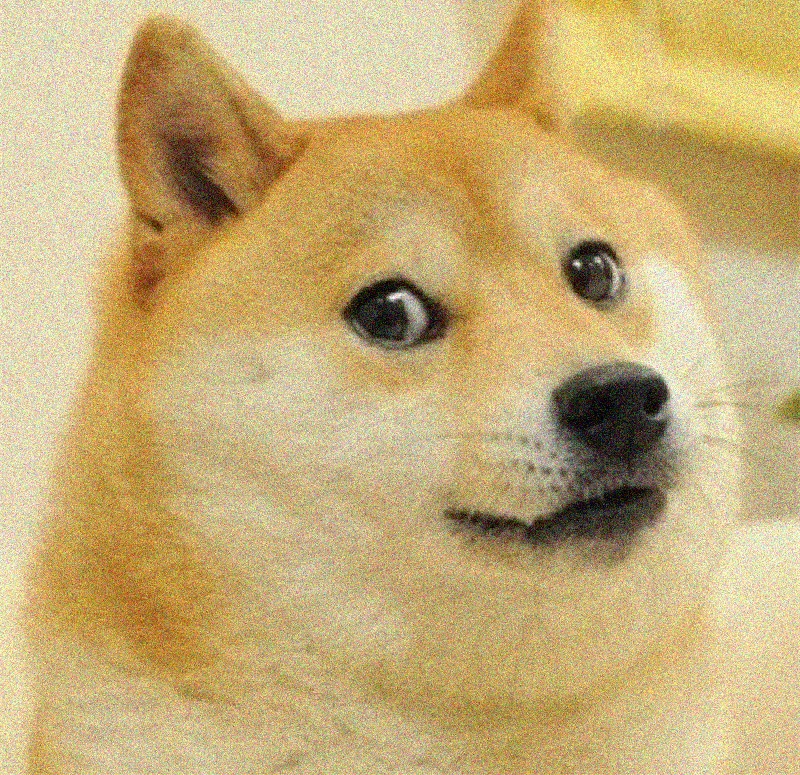
椒盐噪声
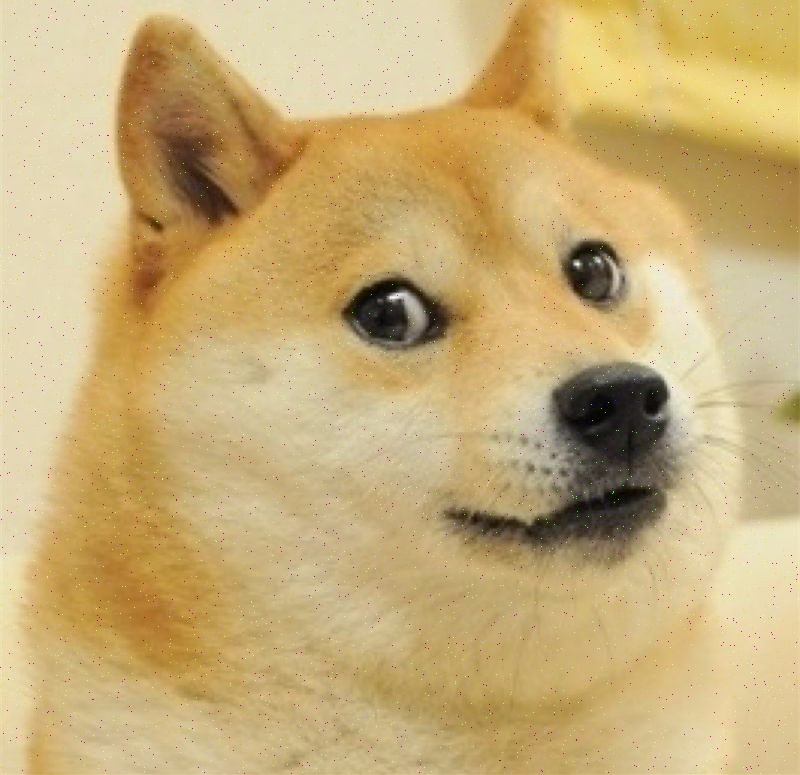
泊松噪声
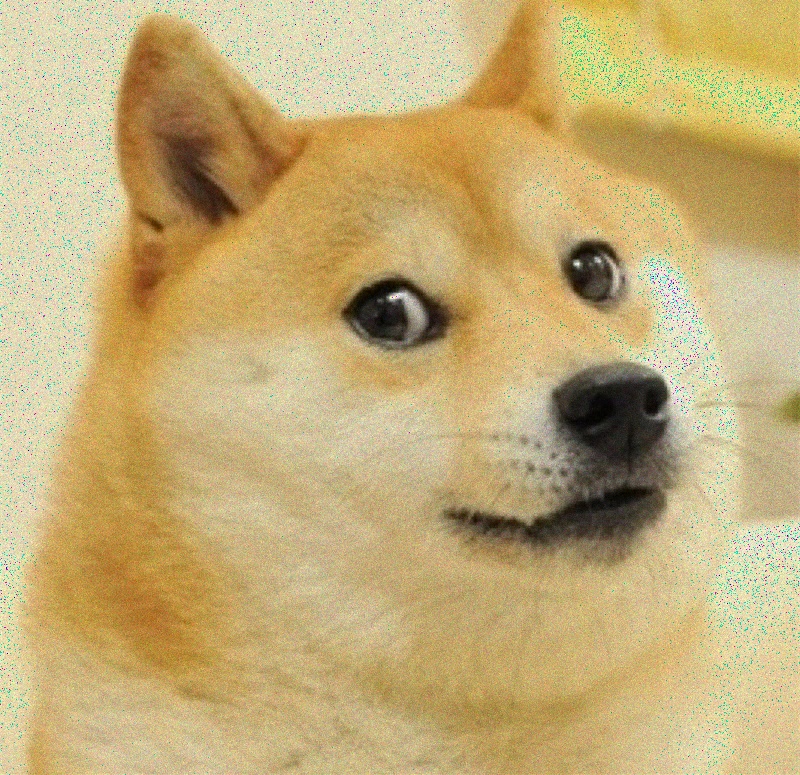
散斑噪声
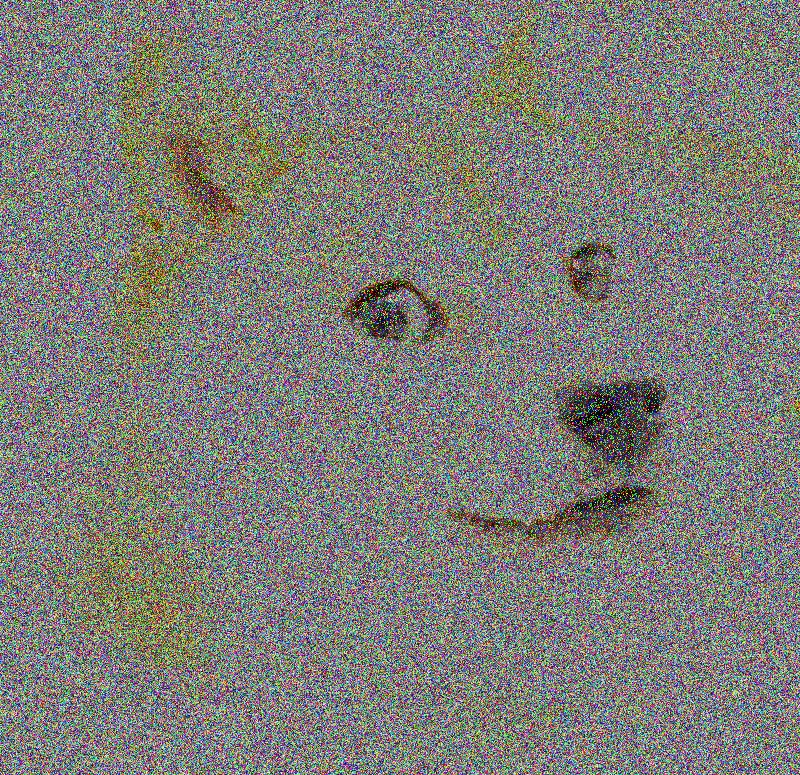
本文链接:http://nix.pub/article/makenoise/



